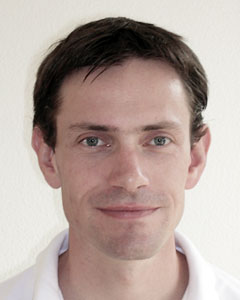Understanding traffic is an important prerequisite for shaping the performance of a transportation system. The NeurIPS Traffic4cast competition tackles this problem in a data-driven way, pushing the latest methods in modern machine learning to model complex spatial systems over time. The industrial-scale dataset is derived from GPS trajectories (floating car data) of a large fleet of probe vehicles and covers 10 culturally diverse cities around the world in a time span of 2 years, giving a high-resolution privacy-preserving view of urban traffic. During our talk, we will present the latest competition results and show that the information from one-hour input data is able to capture enough traffic understanding to predict the traffic of the next hour in a purely data-driven way. In particular, it is interesting to see that the same strategies were successfully able to handle a temporal (before and in Covid) as well as spatio-temporal domain shift (cities not trained on). We will also discuss how the current prediction setup and metric can be advanced to cope with the distributional shifts produced by the models (shifts not captured by the metric) and with jam situations. Finally, as an outlook, we try to go beyond the current setting (prediction task, metric) and discuss possible ideas for sensor fusion, going from the observations in the biased full view to unbiased sub-views, or the other way round. This would show the true potential of this dataset, as we think. In the end, this would result in closed-loop data-driven traffic simulation, potentially even allowing for multi-modal scenarios.
Download the slides for this talk.Download ( PDF, 5299.31 MB)



